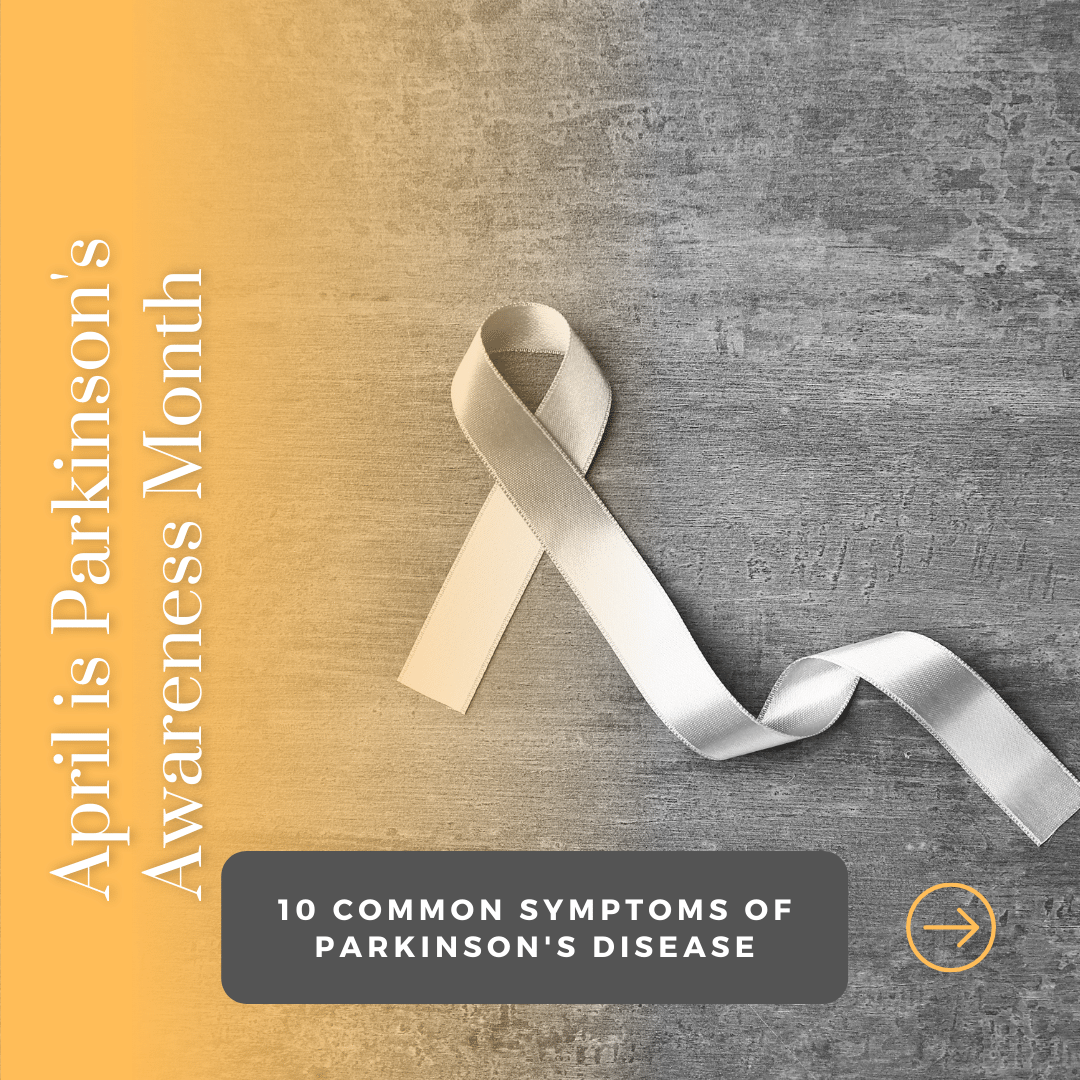
10 Common Symptoms of Parkinson’s Disease
April is Parkinson’s Awareness Month, and in honor of this important month, we want to take a moment to discuss what Parkinson’s Disease is and list 10 Common Symptoms of Parkinson’s Disease. Parkinson’s Disease is a neurological disorder that affects movement. It results from the loss of dopamine-producing brain cells.
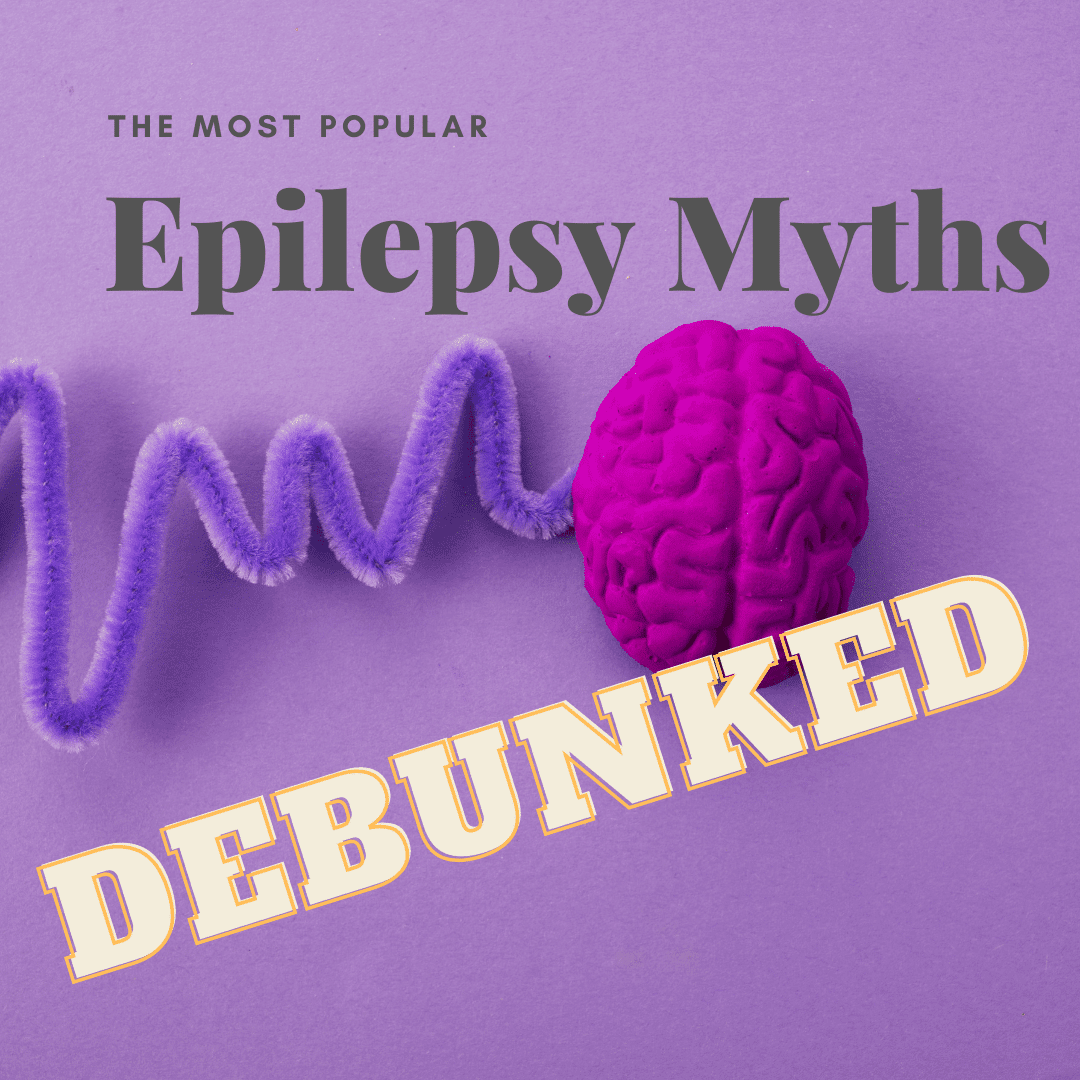
The Most Popular Epilepsy Myths Debunked
Epilepsy is a neurological disorder that affects people of all ages, races, and genders. Despite being one of the most common neurological disorders, there are still many misconceptions about epilepsy and how it affects people. In this blog post, we will debunk some of the most common myths about epilepsy.
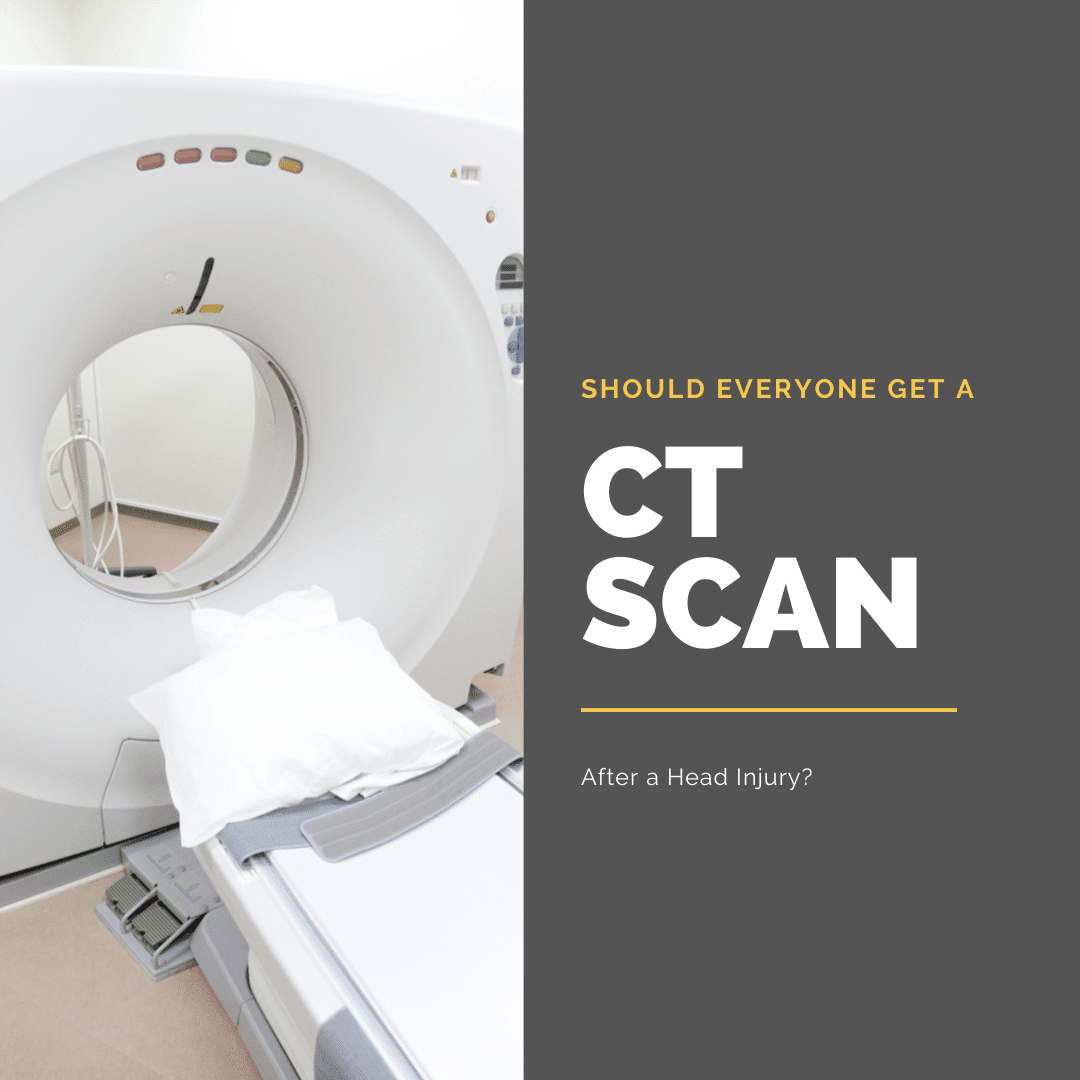
Should Everyone Get a CT Scan After a Head Injury?
We’ve all bumped our heads at some point. Most of the time, it’s not a big deal and we don’t even need to see a doctor. But sometimes, a head injury can be more serious. In these cases, diagnostic imaging techniques, such as a head CT scan, may be performed

5 Things You Didn’t Know About Traumatic Brain Injuries (TBIs)
March is Brain Injury Awareness Month, and we wanted to take this opportunity to educate the public about traumatic brain injuries (TBIs). A TBI is a serious injury that can occur when the head hits an object or is shaken violently. It is a major cause of death and disability
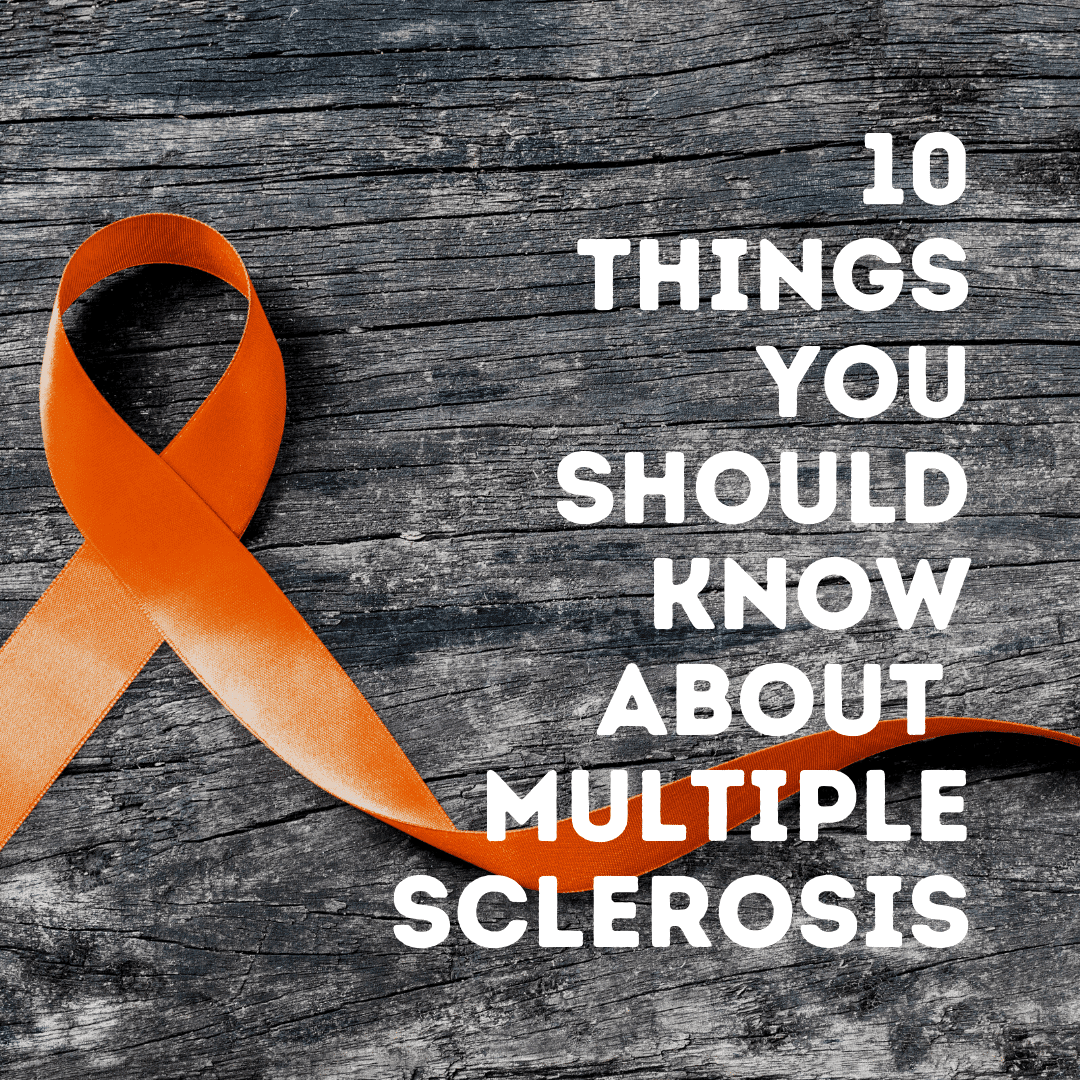
10 Things You Should Know About Multiple Sclerosis
Did you know that March is Multiple Sclerosis (MS) Awareness Month? Almost 1 million Americans are affected by MS, however many people don’t know much about this disease. During the month of March, MS Awareness month looks to educate the general public about MS and provide support to those affected

Get Migraine Relief Fast with IV Infusion Therapy
Migraine headaches can be incredibly debilitating. They can cause nausea, vomiting, and extreme sensitivity to light and sound. For some people, they are so bad that they can’t even function normally during a migraine episode. If you suffer from migraines, you know how important it is to find a treatment
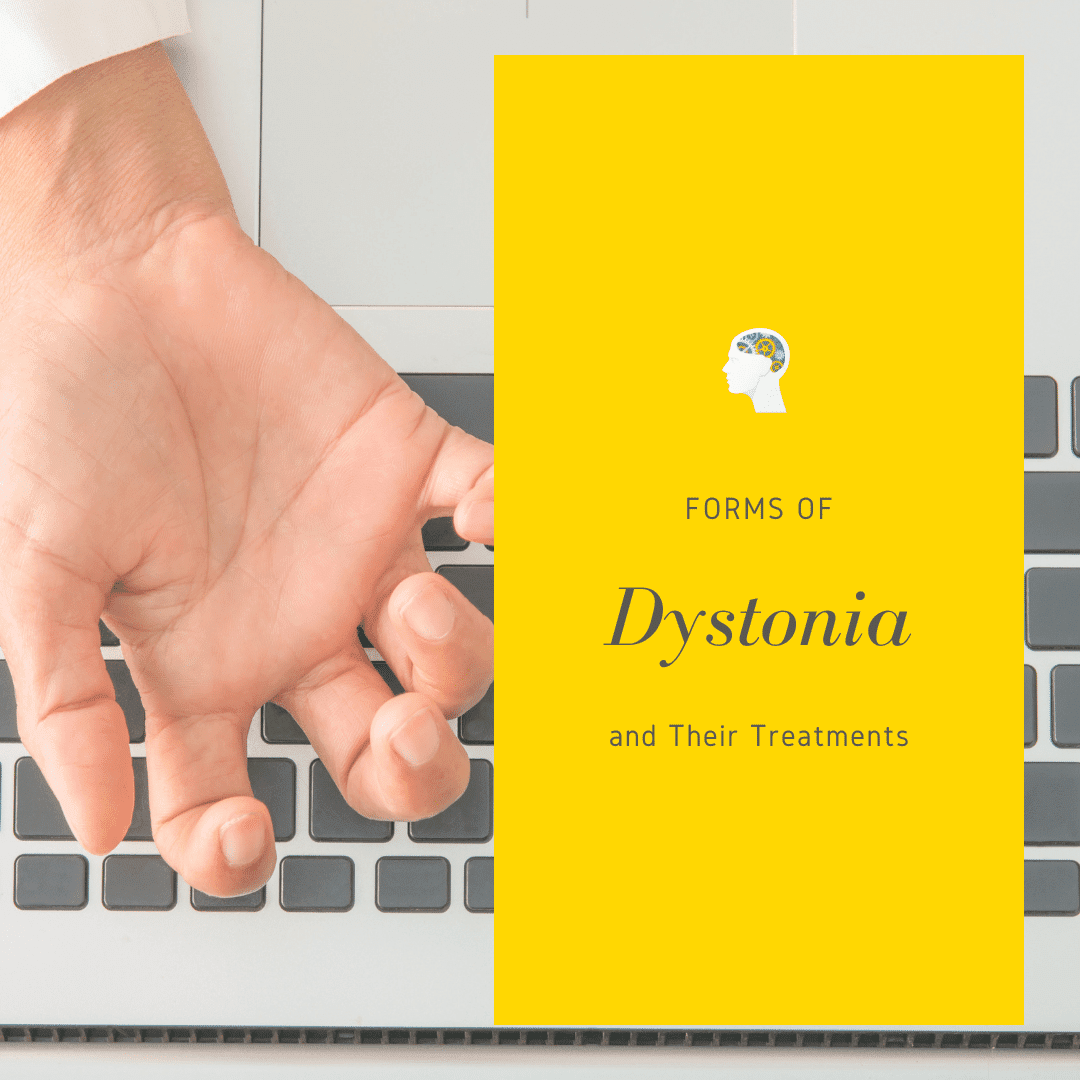
Forms of Dystonia and Their Treatment
Dystonia is a neurological movement disorder that causes muscles to contract involuntarily. This can result in abnormal posture, twisting and repetitive movements, or difficulty speaking or swallowing. Dystonia can affect any part of the body, but it most commonly affects the neck, arms, and legs. There are three main types
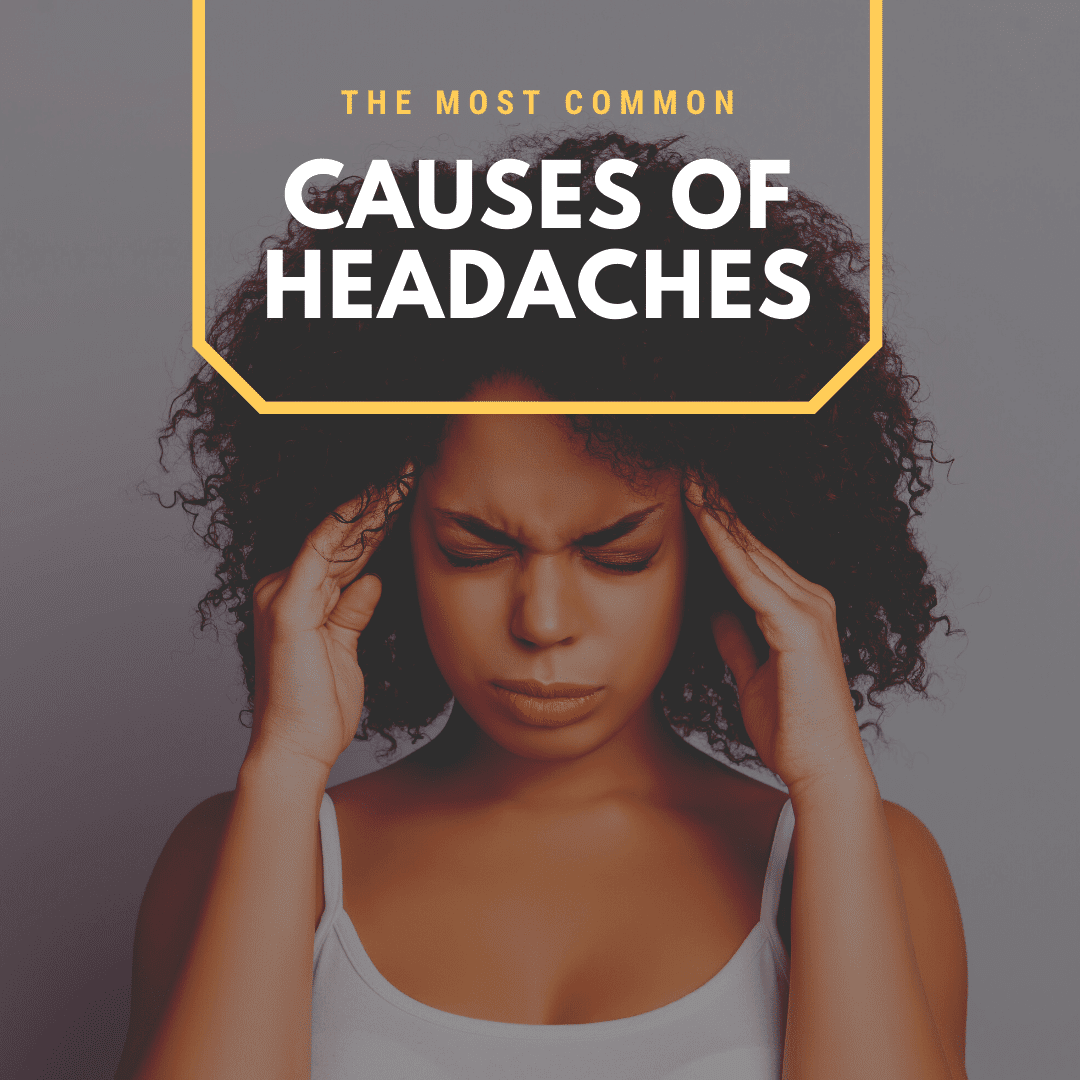
The Most Common Causes of Headaches
Do you often get headaches? If so, you’re not alone. In fact, headaches are one of the most common medical complaints in the world. There are many different types of headaches, and each one is caused by a different set of factors. In this blog post, we will discuss the
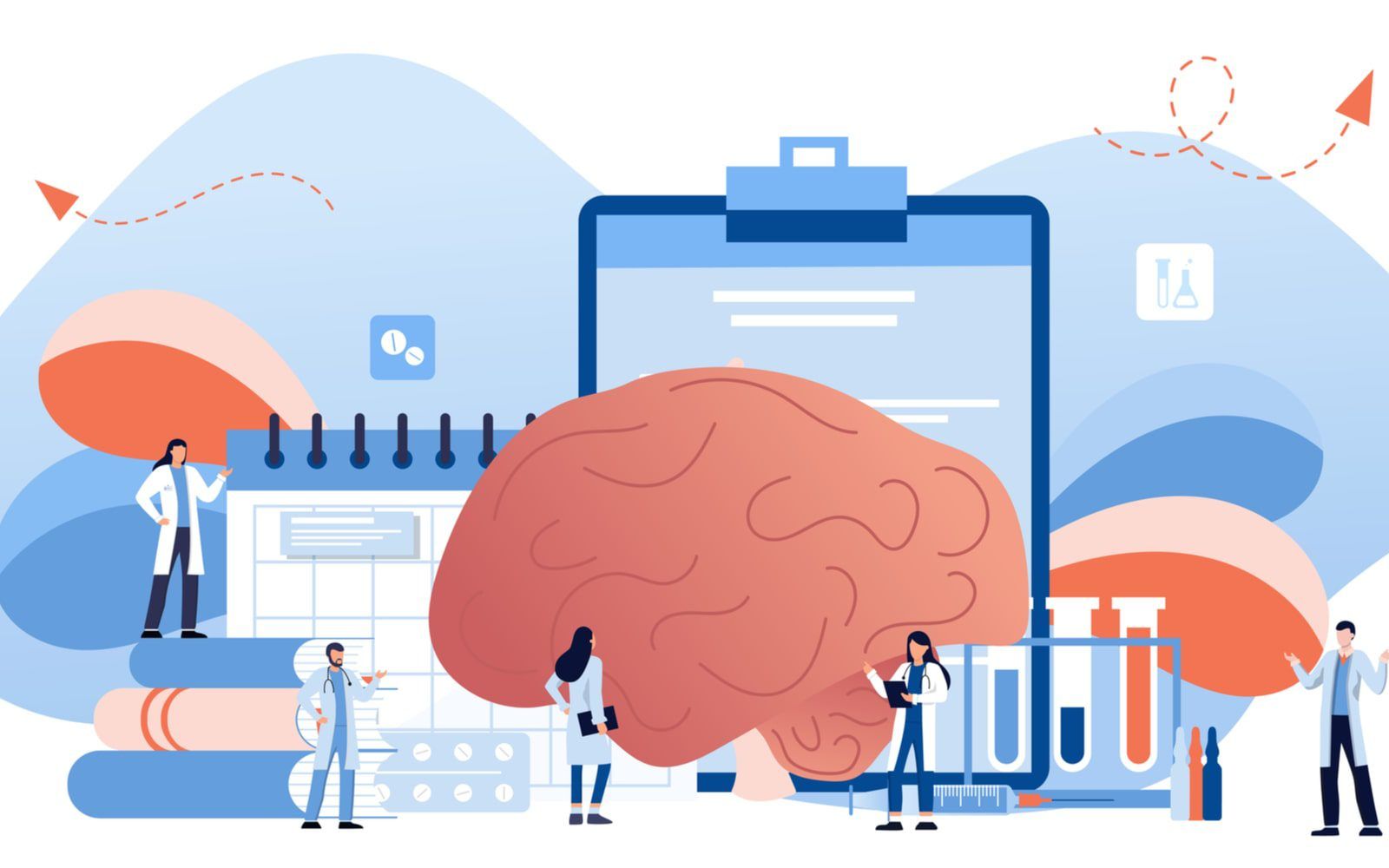
Why You Should See a Neurologist After an Auto Accident
Car accidents can be traumatic, both physically and mentally, and handling the aftermath of these types of accidents can be costly. It’s essential to care for yourself during this time, especially if your body’s experienced a lot of trauma, and one of the best ways to care for yourself is
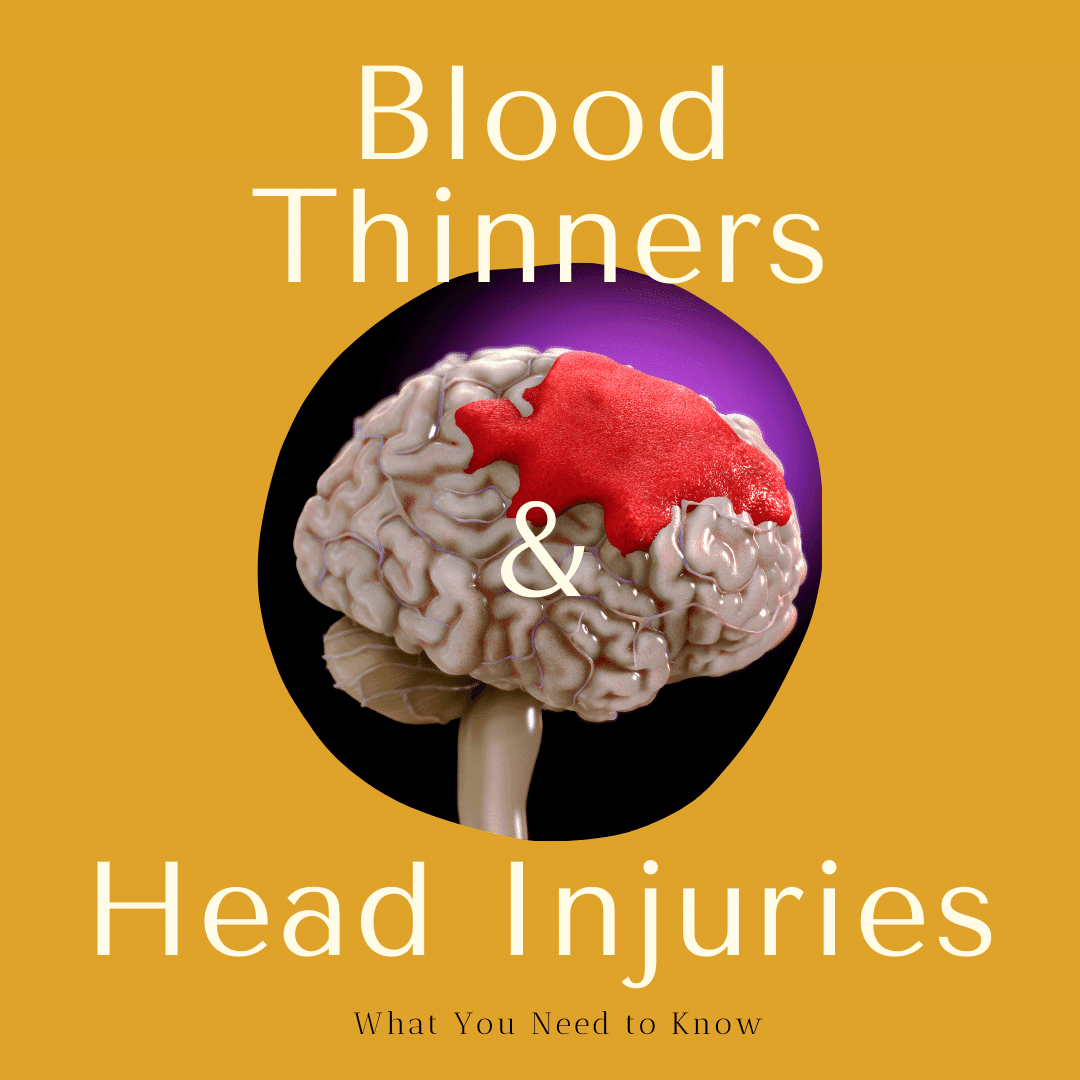
Blood Thinners & Head Injuries: What You Need to Know
Head injuries can be caused by a bump, blow, or jolt to the head, or by a penetrating head injury. They can also result from a fall, car accident, or sports injury. Depending on the location, force, and type of impact, some head injuries may be more serious than others.
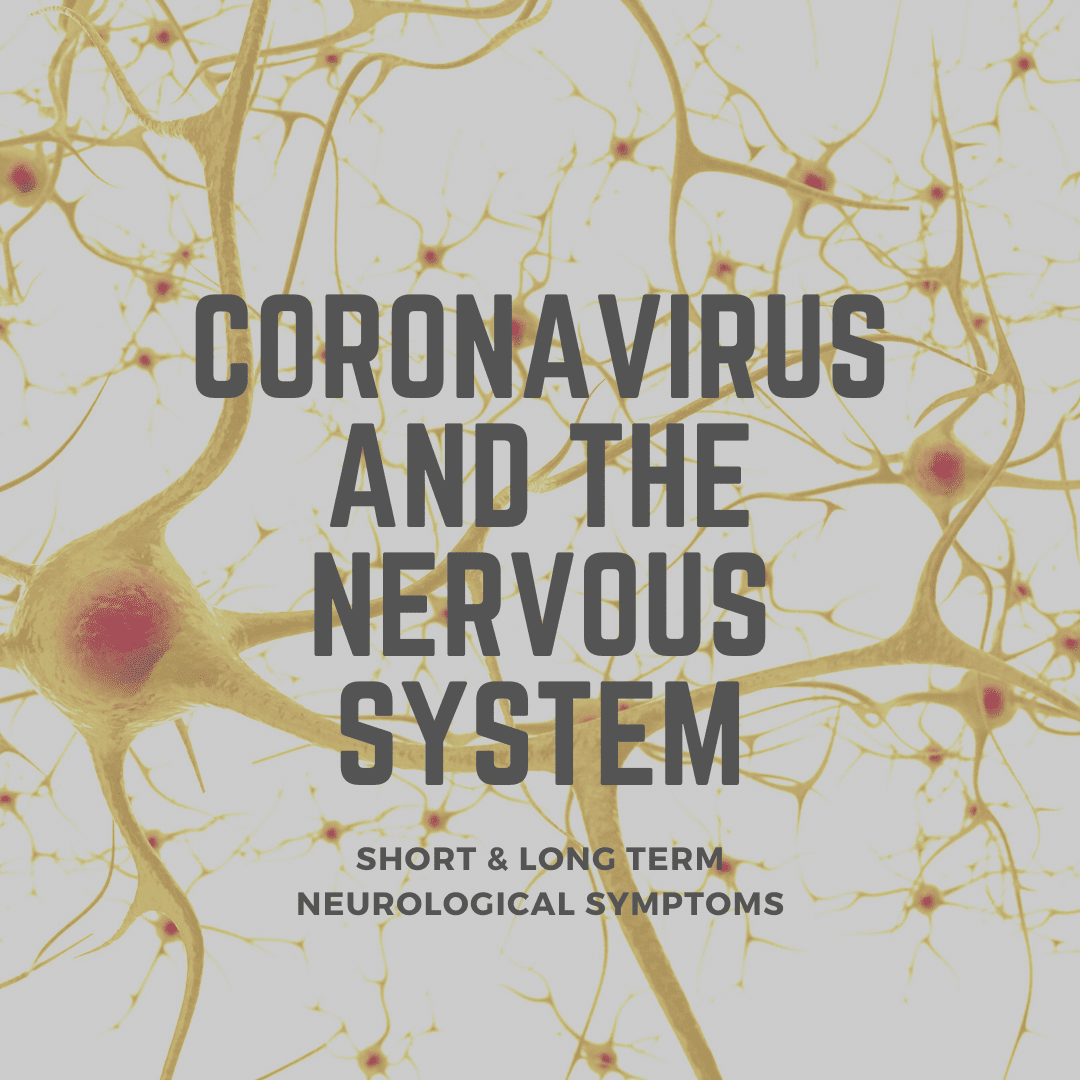
Coronavirus and the Nervous System: Short & Long Term Neurological Symptoms
With the start of 2022 we are entering the third year of the Coronavirus pandemic. Although coronaviruses, including the novel SARS-CoV-2 virus responsible for COVID-19, primarily cause mild to moderate upper respiratory problems, they can indirectly affect other areas of the body as well. This is generally due to a
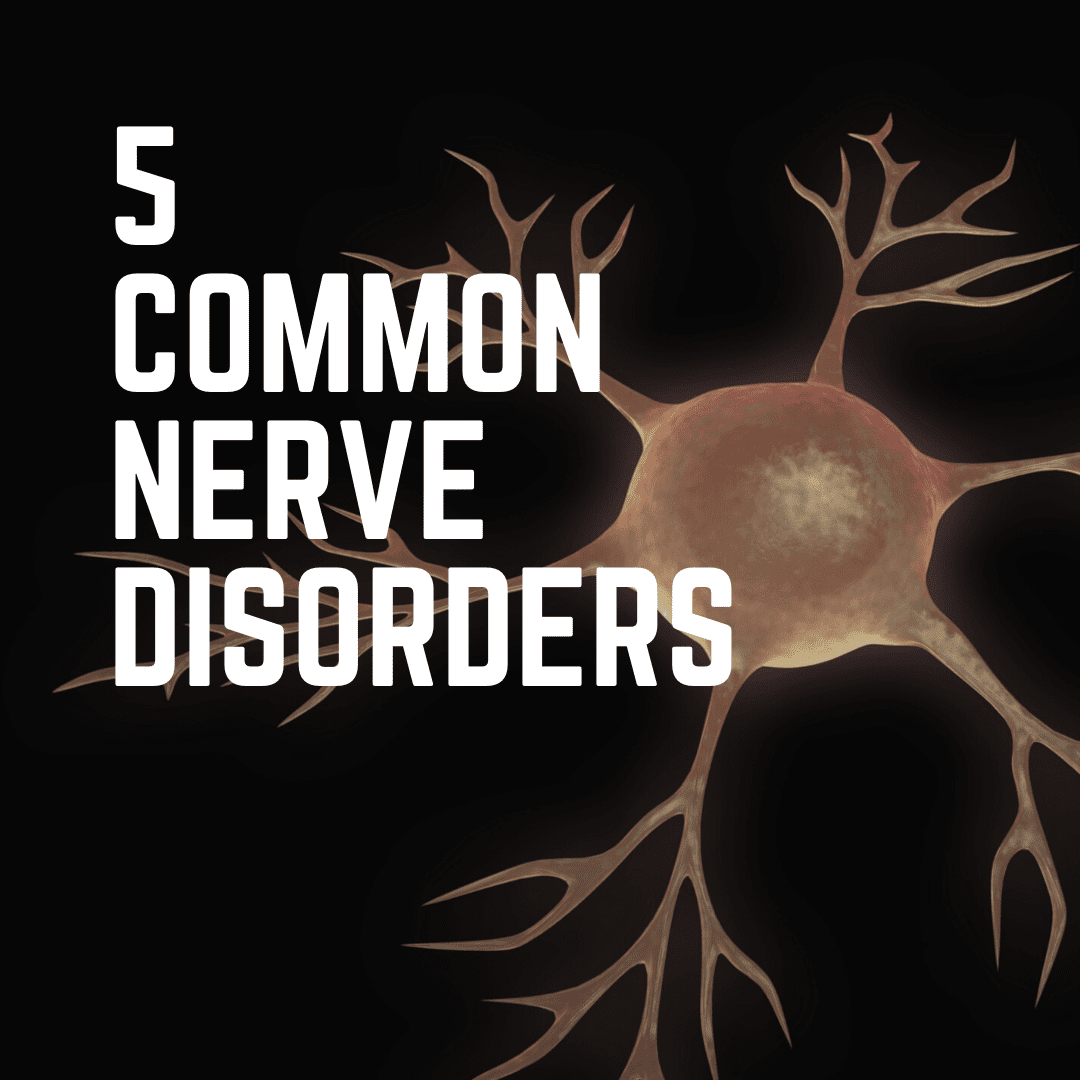
We all have nerves that run through our body. These nerves are responsible for sending signals from the brain to different parts of the body and back again. Occasionally, these nerve pathways can become compressed or irritated, leading to a range of issues. Nerve disorders are often misunderstood, but they
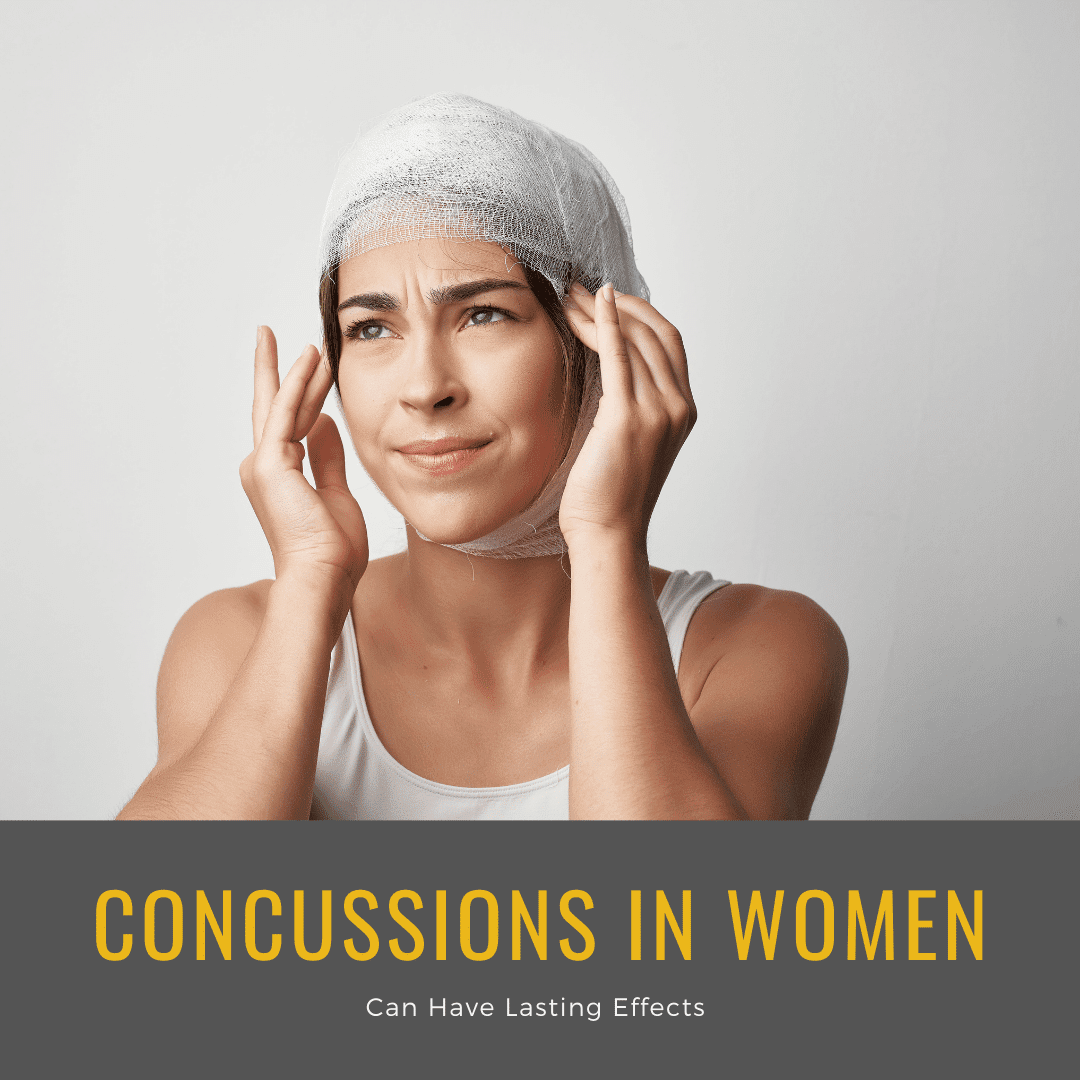
Concussions in Women Can Have Lasting Effects
Have you ever been hit in the head? Chances are you’ve probably hit your head at some point. While not all hits to the head are problematic, some can cause a concussion. Concussions can have both short and long term effects, however a new study has found that women may
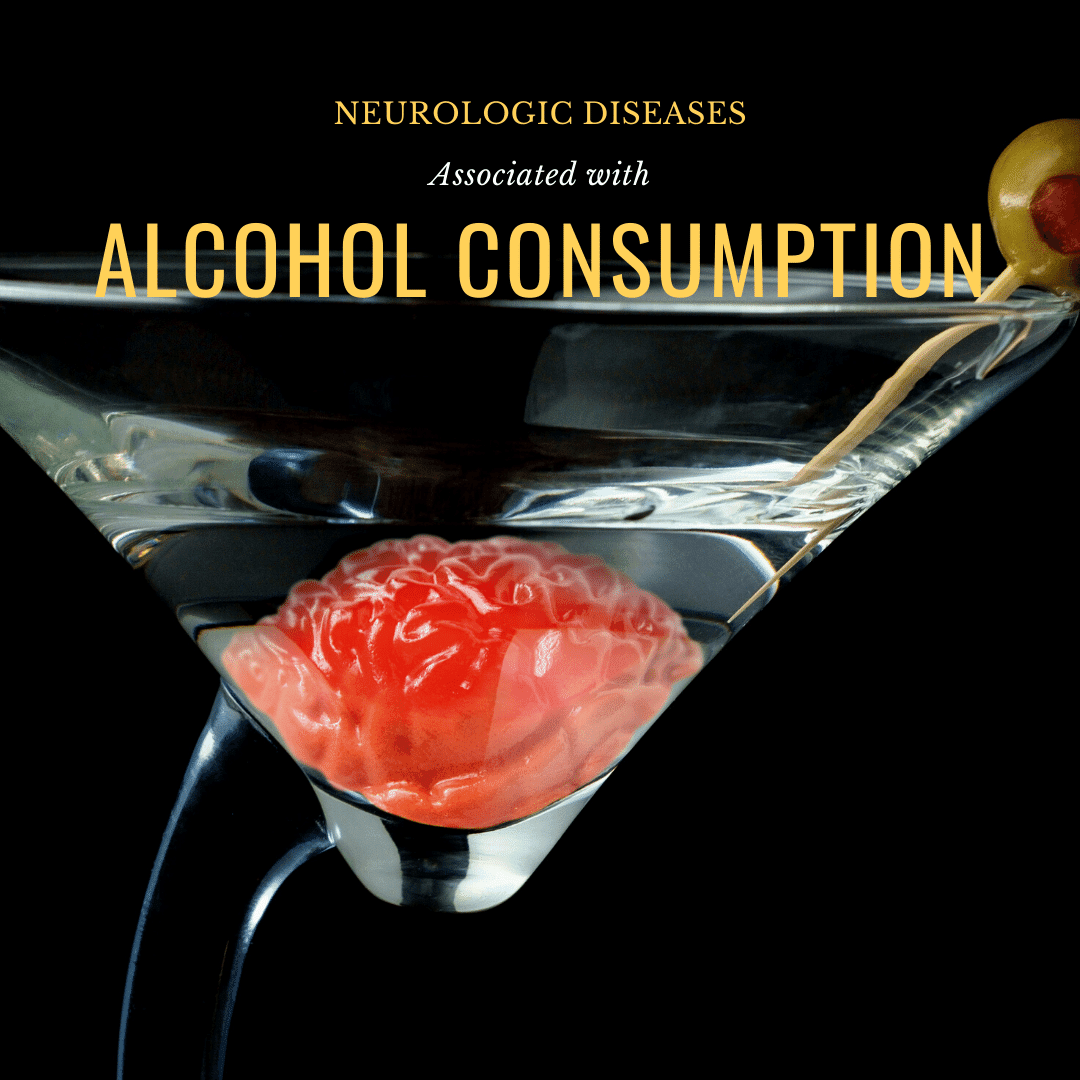
Neurologic Diseases Associated with Alcohol Consumption
Many people have experienced the phenomenon of having too much to drink. What starts as a few beers can lead to feeling sick, dizzy, and even vomiting. Besides the short-term effects of drinking alcohol, there are also long-term effects of drinking large amounts of alcohol. Many people are somewhat familiar
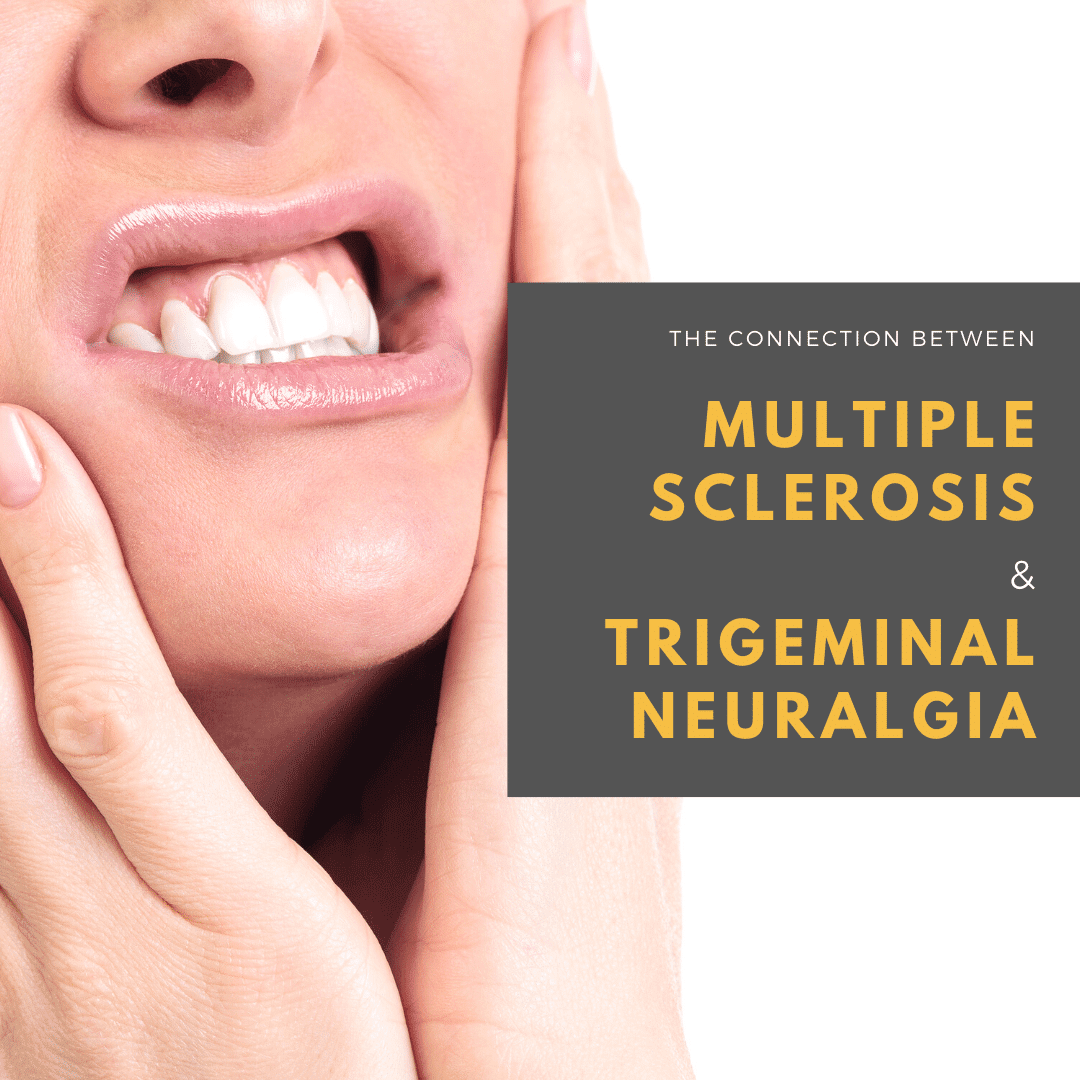
The Connection Between Multiple Sclerosis and Trigeminal Neuralgia
There are certain neurological conditions that have very distinctive symptoms. For example, a stroke can be recognized by facial drooping, arm weakness, and speech difficulties, which spell out the acronym “FAST” (The “T” stands for timing is critical). Not every neurological condition has symptoms that fit neatly into acronyms, however.
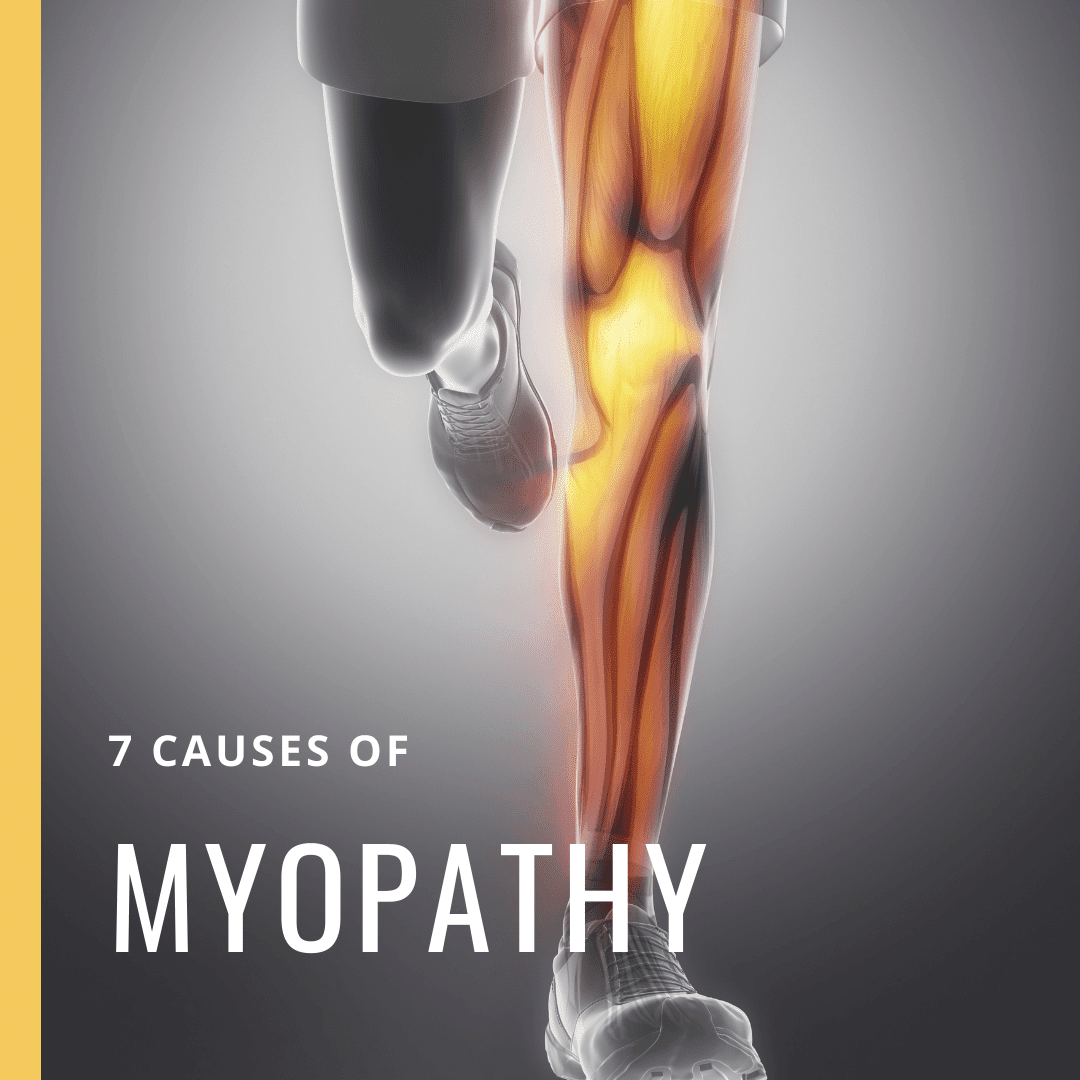
7 Causes of Myopathy
May of us take our muscles for granted – they allow us to walk, run and even breathe. The importance of muscles is something you might only think about when you exercise or watch your favorite athlete in action on TV, but they really have an effect on your everyday
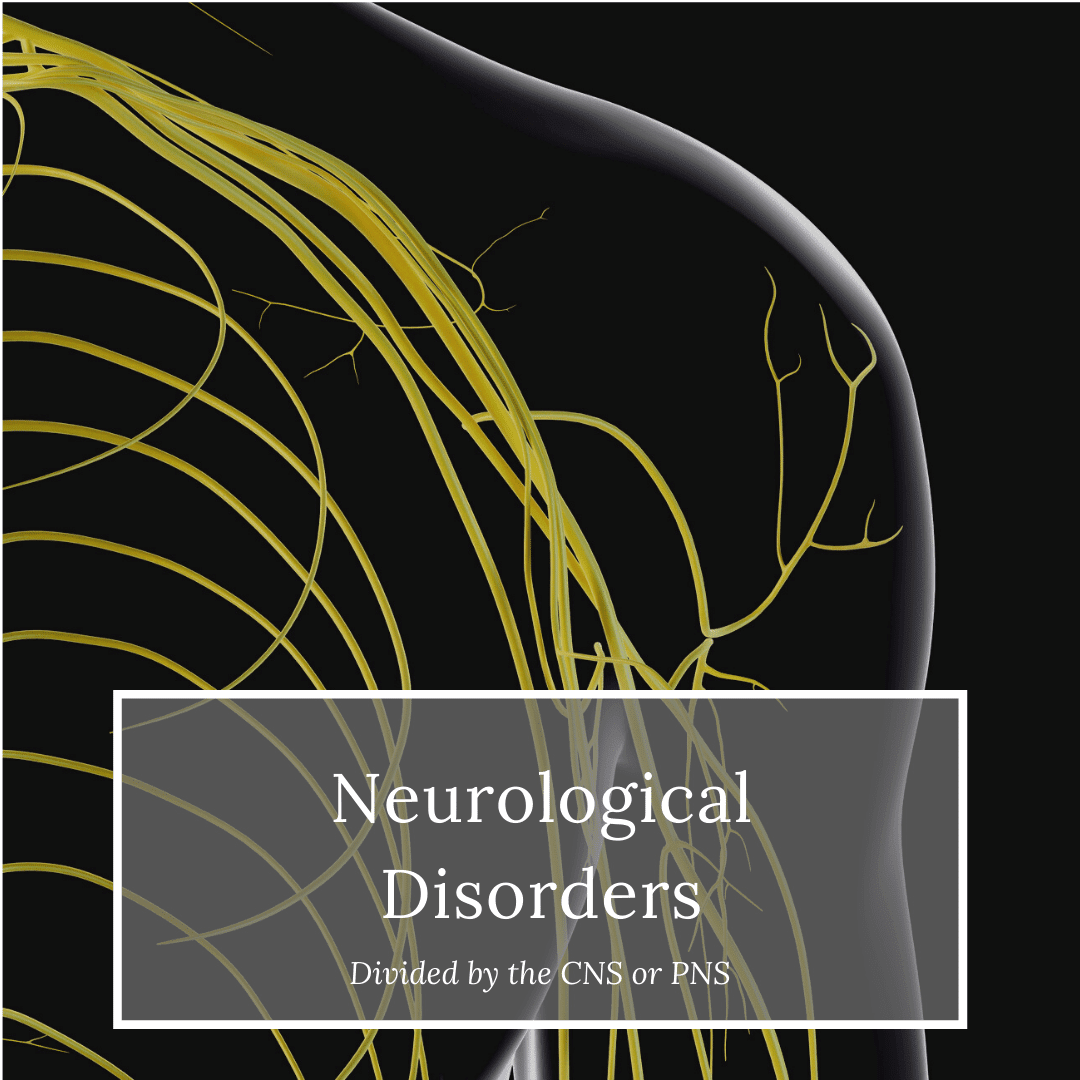
Neurological Disorders Divided by the CNS or PNS
Did you know that your nervous system is actually made up of two systems known as the central and peripheral nervous systems? Your central nervous system is composed of the brain and spinal cord, while your peripheral nervous system is made up of all the nerves outside your brain and
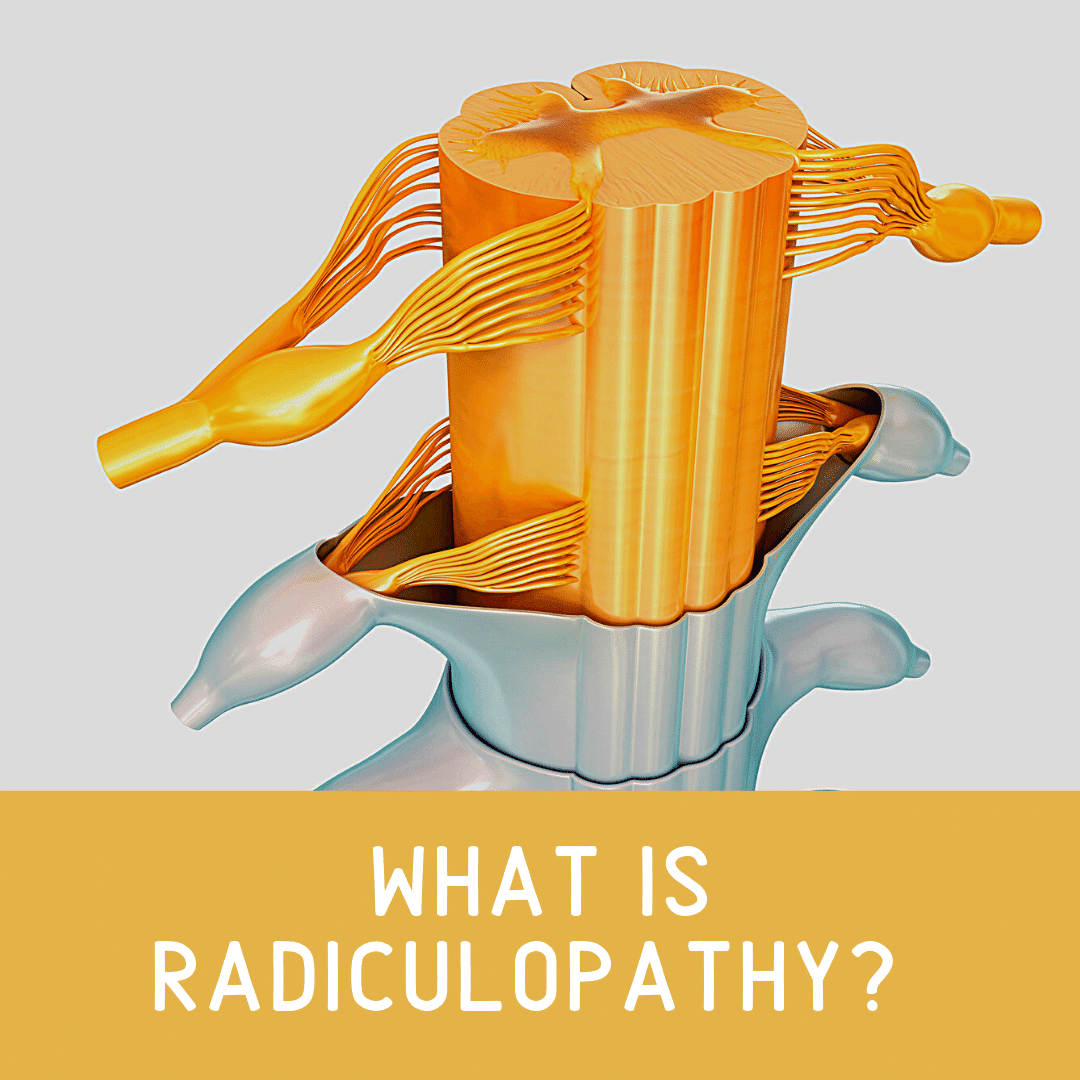
What is Radiculopathy?
Nerves are the wiring in your body that travel down your spinal cord and connect your brain to every part of the body. When functioning properly, nerves are able to communicate different forms of sensory information to the brain. Unfortunately, however, nerves can go wrong in many ways and cause
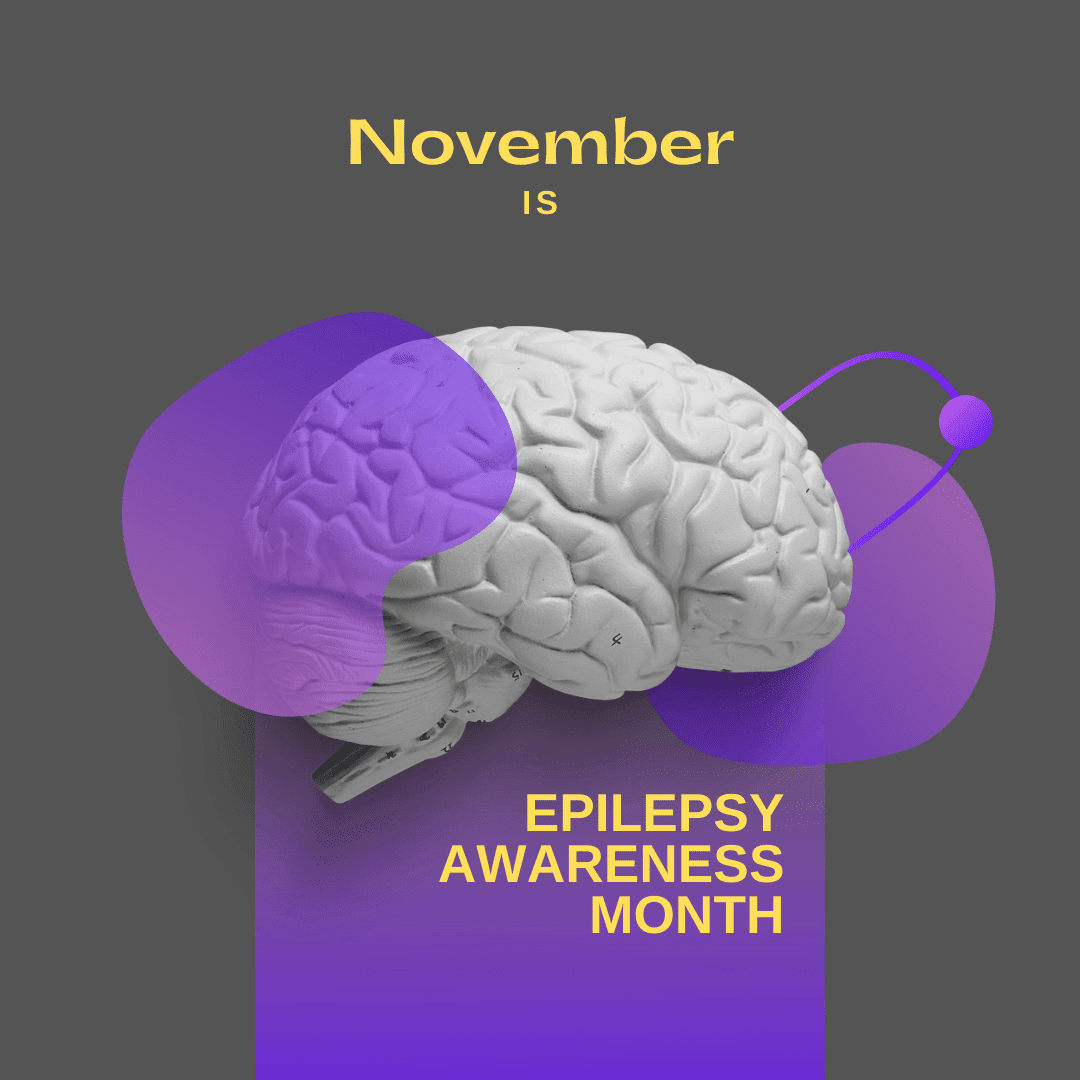
November is National Epilepsy Awareness Month
National Epilepsy Awareness Month is a time to learn more about epilepsy and how it affects people of all ages. It also gives us an opportunity to recognize the many ways we can help those with epilepsy and their caregivers, as well as stand in solidarity with them. The theme
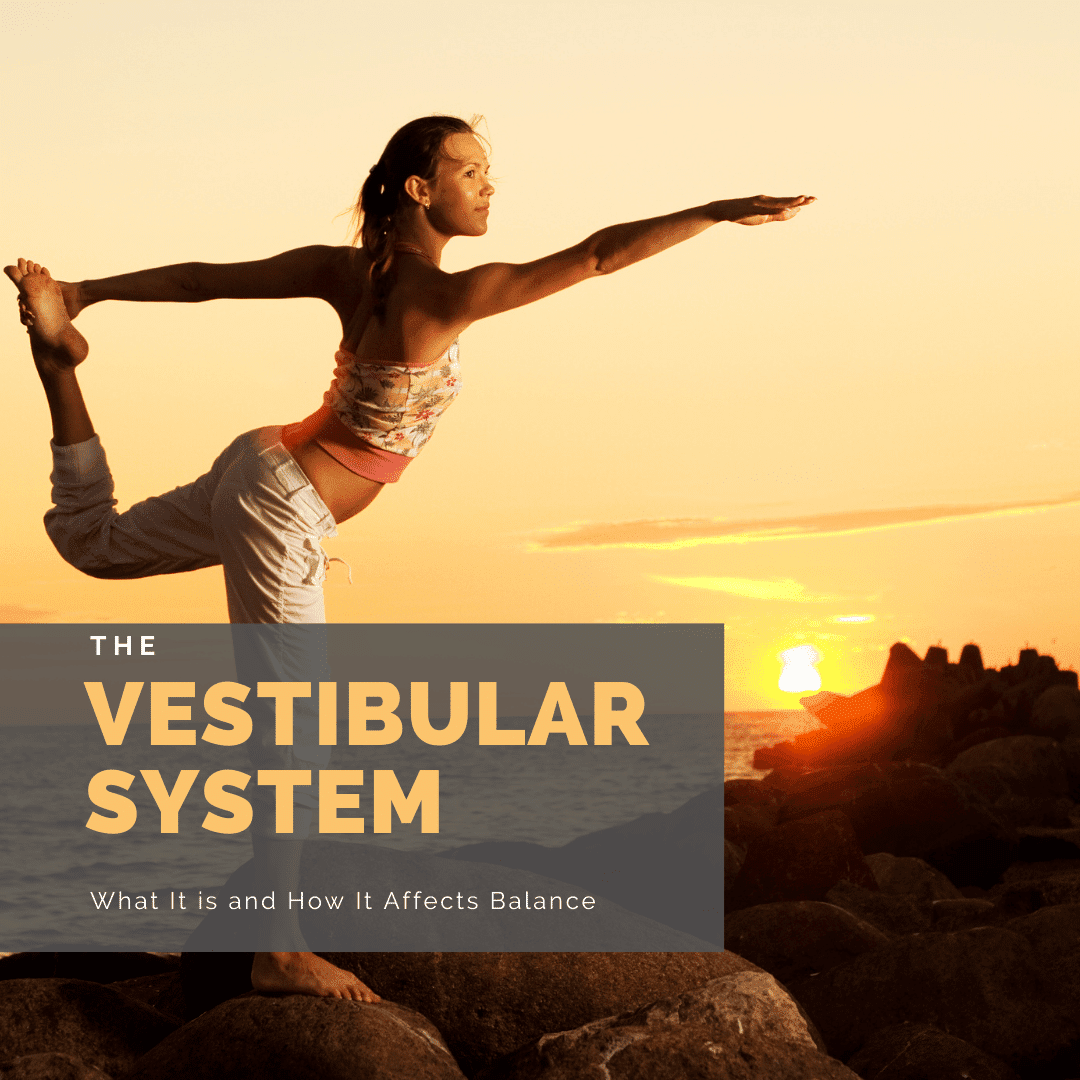
The Vestibular System: What It is and How It Affects Balance
Have you ever watched in awe as Olympic gymnasts complete a seemingly impossible routine on a balance beam? Maybe you’ve even tested your balance by walking on a narrow surface. Even if you haven’t consciously tested your balance, your body is constantly carrying out several processes to ensure that you
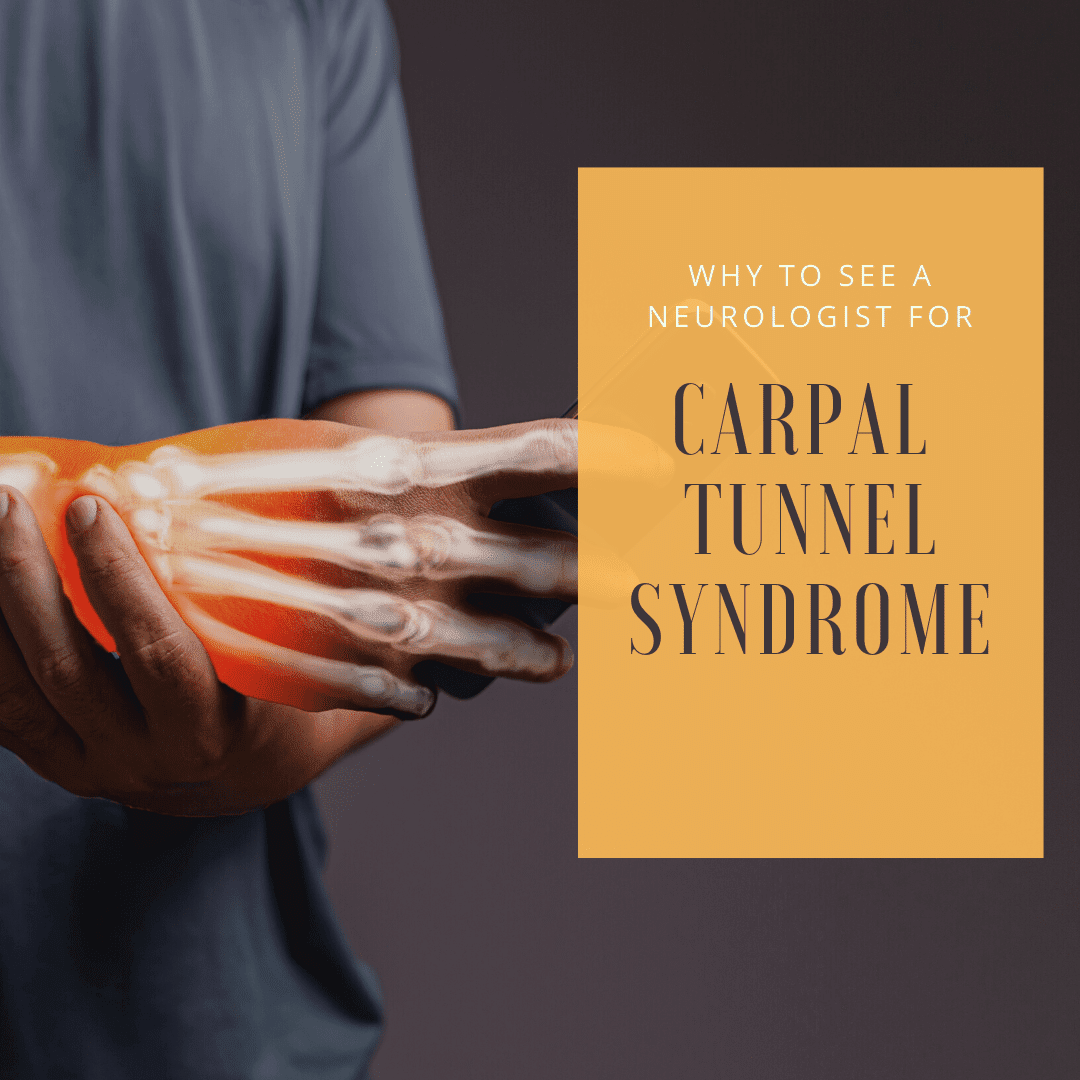
Why to See a Neurologist for Carpal Tunnel Syndrome
When your wrist hurts chances are you don’t think about visiting a neurologist. Even if you suspect carpal tunnel syndrome, a neurologist’s office isn’t often the first place you think of scheduling an appointment. However, carpal tunnel syndrome is classified as a nerve disorder, which makes a neurologist the perfect
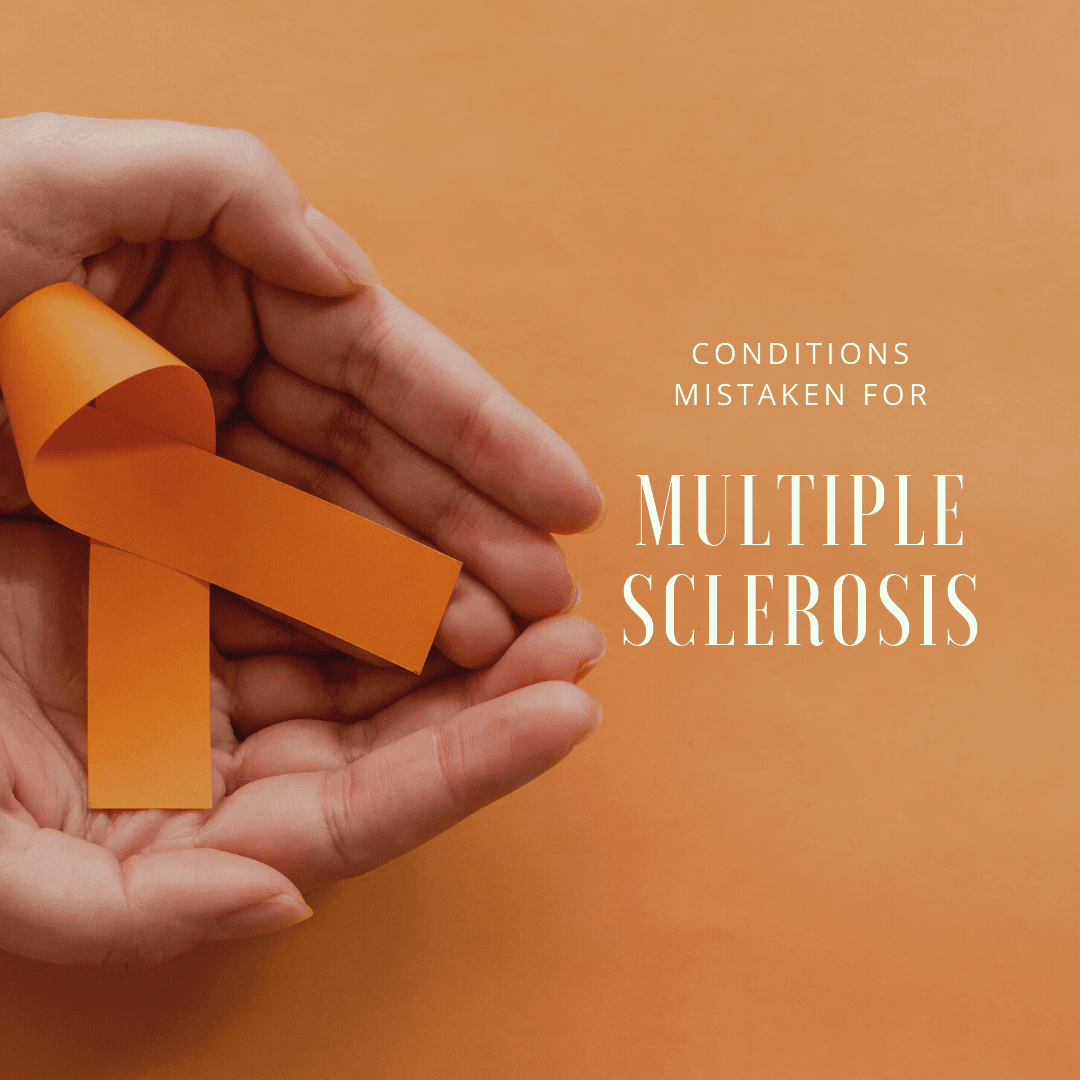
Conditions Mistaken for Multiple Sclerosis
Did you know that as many as 1 in 5 people with other neurological conditions are misdiagnosed with Multiple Sclerosis (MS)? This comes from a study published in the May 2019 journal of Multiple Sclerosis and Related Disorders. Certain medical conditions are harder to diagnose than others, especially when they
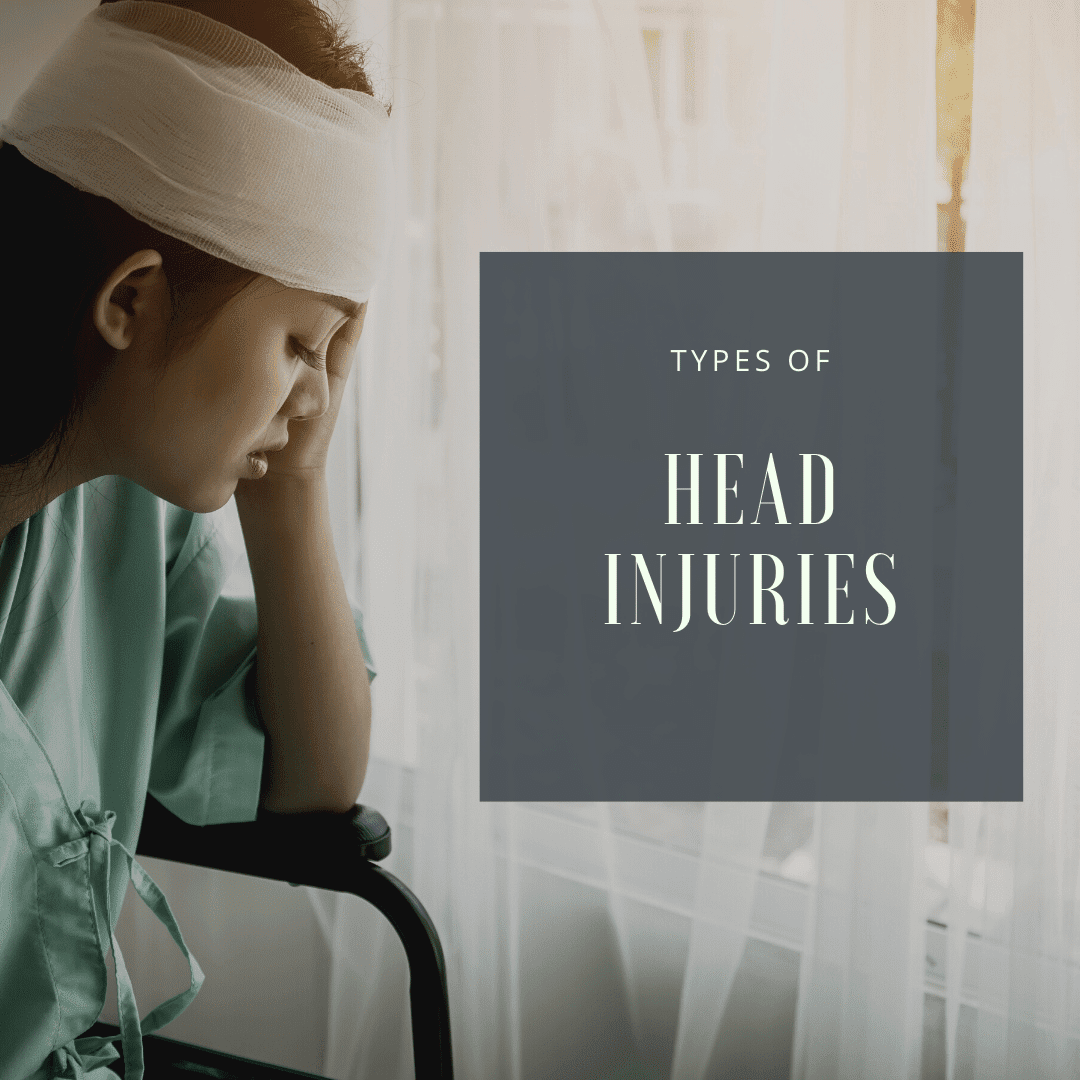
Types of Head Injuries
Head injuries are very common in the United States. Did you know that every year there are about 2 million head injury-related emergency room visits? Head injuries can occur when the head is shaken violently or when a blow to the head is absorbed by the skull. Some common causes
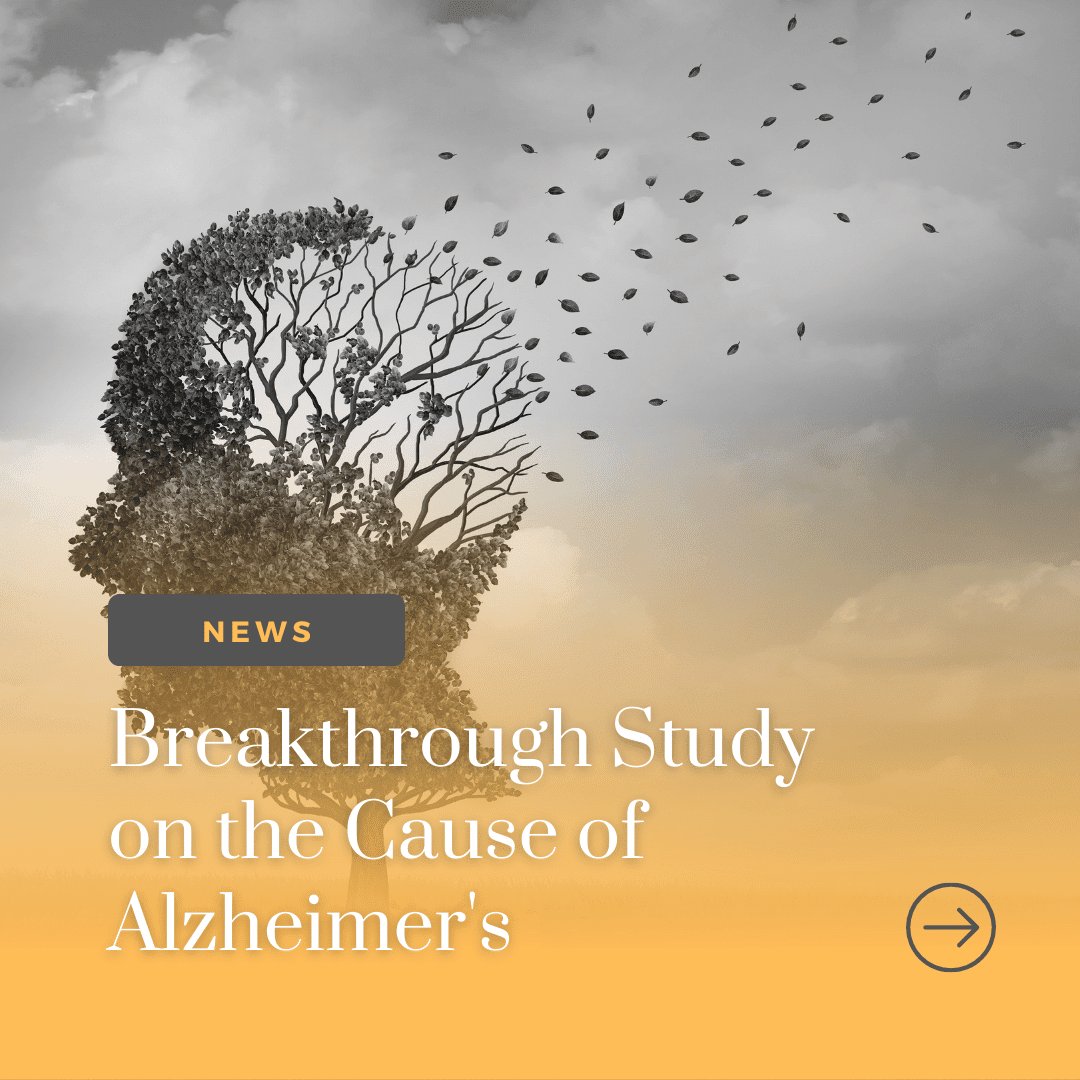
Breakthrough Study on the Cause of Alzheimer’s
Alzheimer’s is a neurodegenerative disease that causes the progressive deterioration of brain cells. Alzheimer’s Disease affects an estimated 5.8 million Americans, and causes more than half of all cases of dementia in the United States. Alzheimer’s disease is one of the most common diseases among older adults, with about 1

6 Ways Stress Affects Your Brain
The brain is a fascinating and complex organ. It’s the primary control center for our whole body, and it can be affected by stress in many different ways. Stress itself is an important part of life – it helps us prepare for danger or respond to emergencies. But when we’re
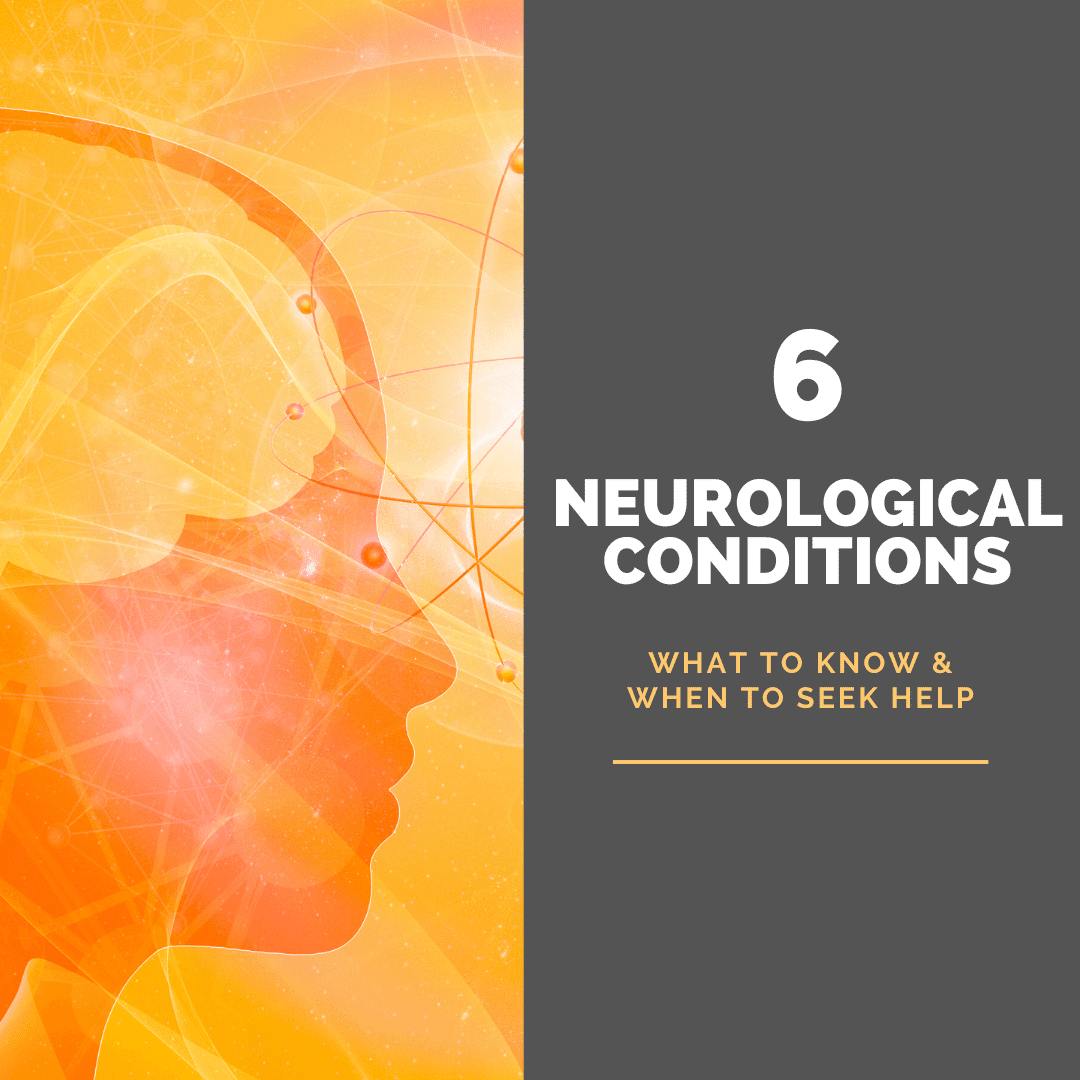
6 Neurological Conditions: What to Know & When to Seek Help
A neurological condition is defined as any condition that affects the nervous system, which is composed of the brain, spinal cord, and nerves (as well as the muscles that they control). Neurological conditions can be difficult to diagnose, with many neurologists relying on a patient’s symptoms and medical history. It
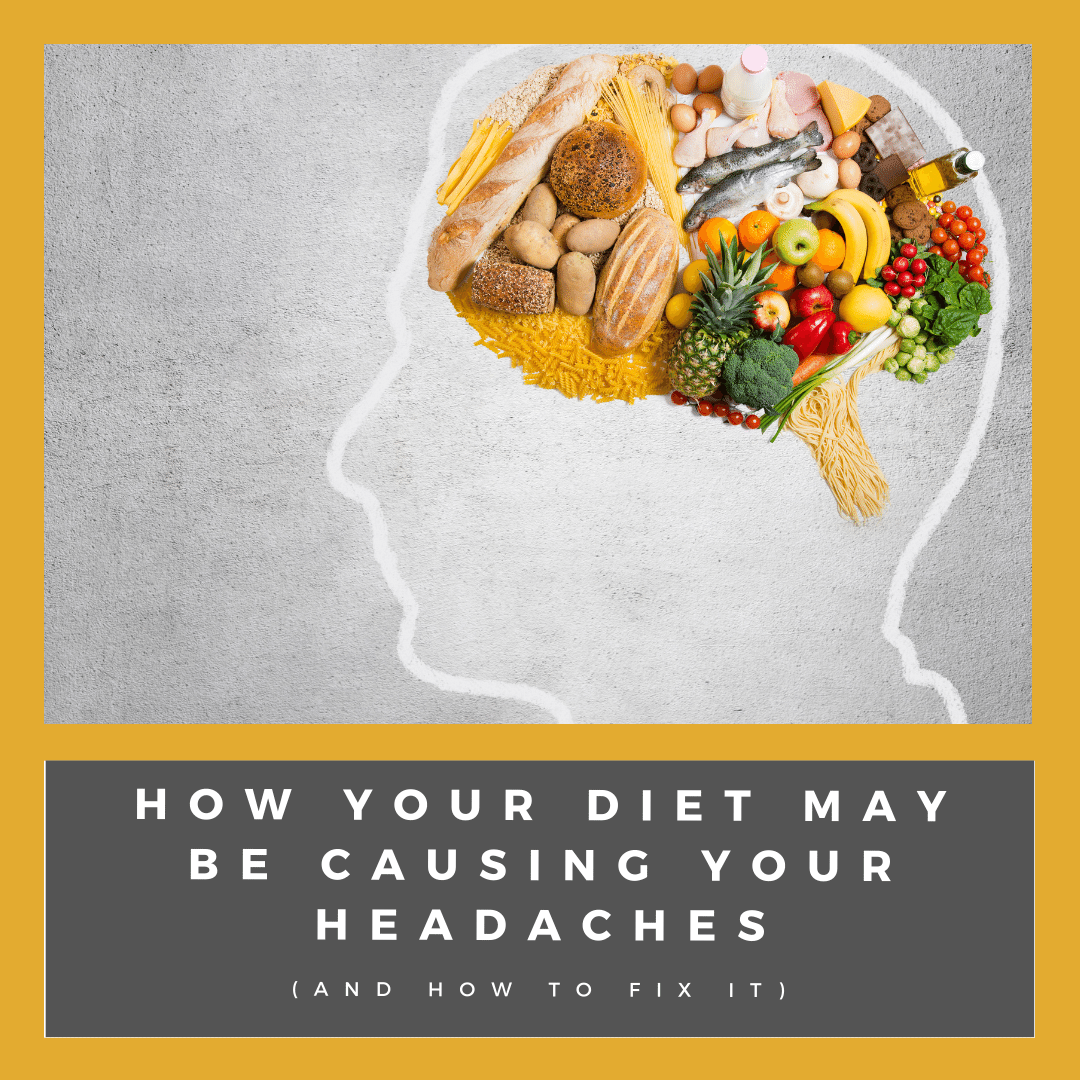
How Your Diet May Be Causing Your Headaches
Do you experience headaches? You’re not alone. Many people struggle with headache pain on a regular basis, and it’s been estimated that over 30 million Americans have chronic headache disorders. Interestingly, the Centers for Disease Control and Prevention notes that there are many potential causes of headache pain – but
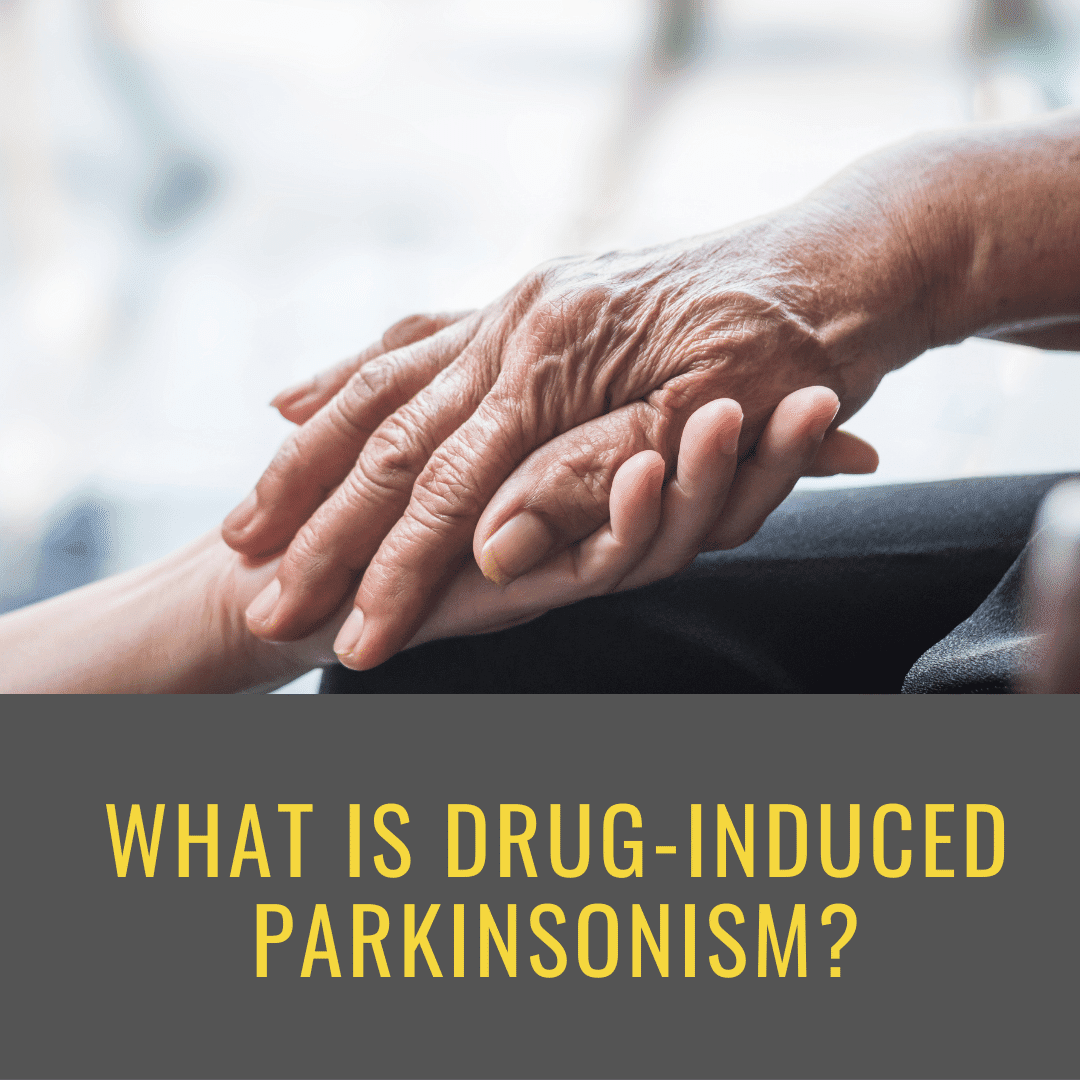
What is Drug-Induced Parkinsonism?
Did you know that certain symptoms of Parkinson’s Disease (PD) can be caused by medications? This phenomenon is known as drug-induced parkinsonism (DIP) and it is the second most common cause of parkinsonism in the elderly only after Parkinson’s disease itself. Here is what you need to know about drug-induced
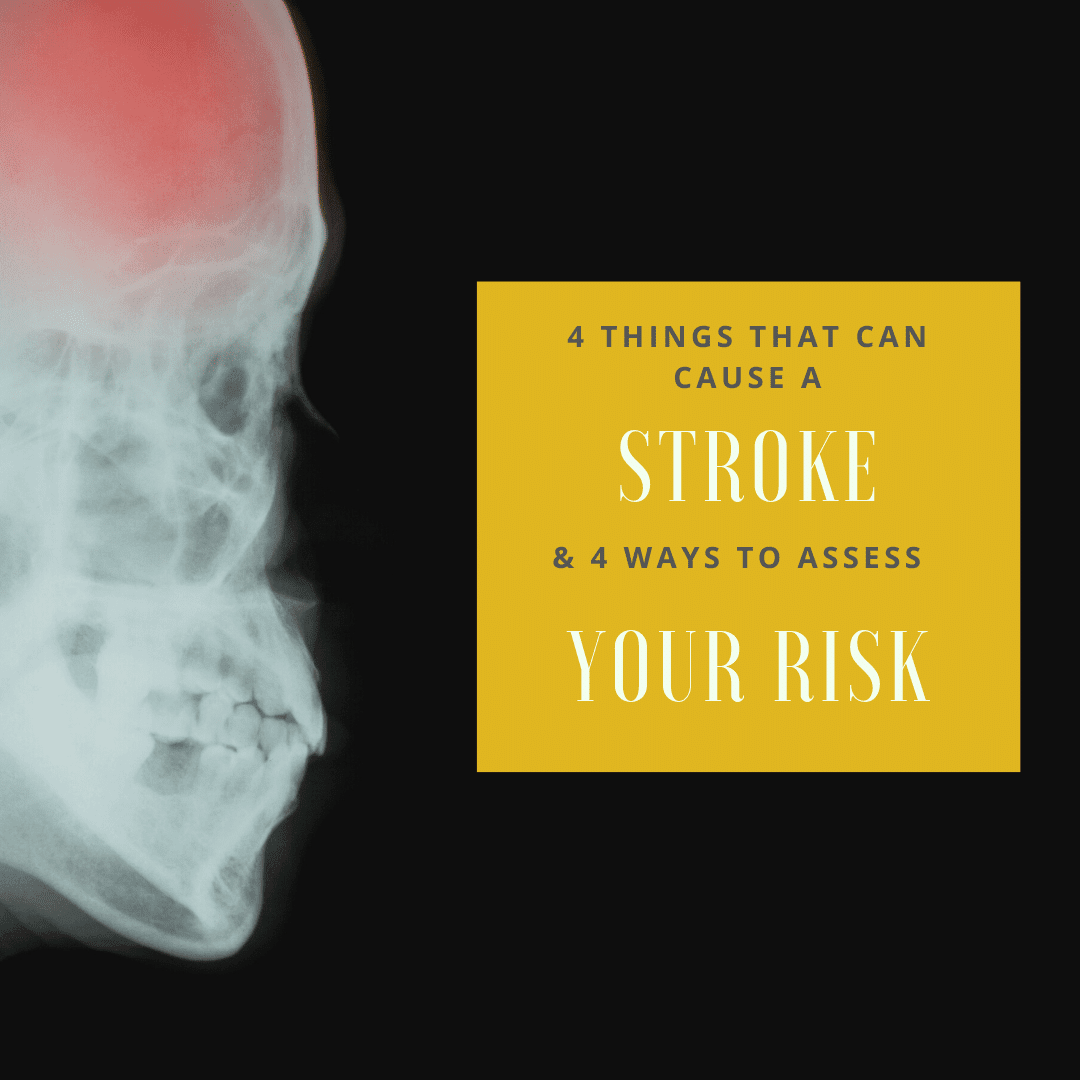
4 Things That Can Cause a Stroke & 4 Ways to Assess Your Risk
According to the National Institute of Neurological Disorders and Stroke (NINDS), approximately 795,000 people have a stroke each year. The American Stroke Association also notes that strokes are the number five cause of death and the number one cause of disability. Strokes occur when blood vessels leading to the brain
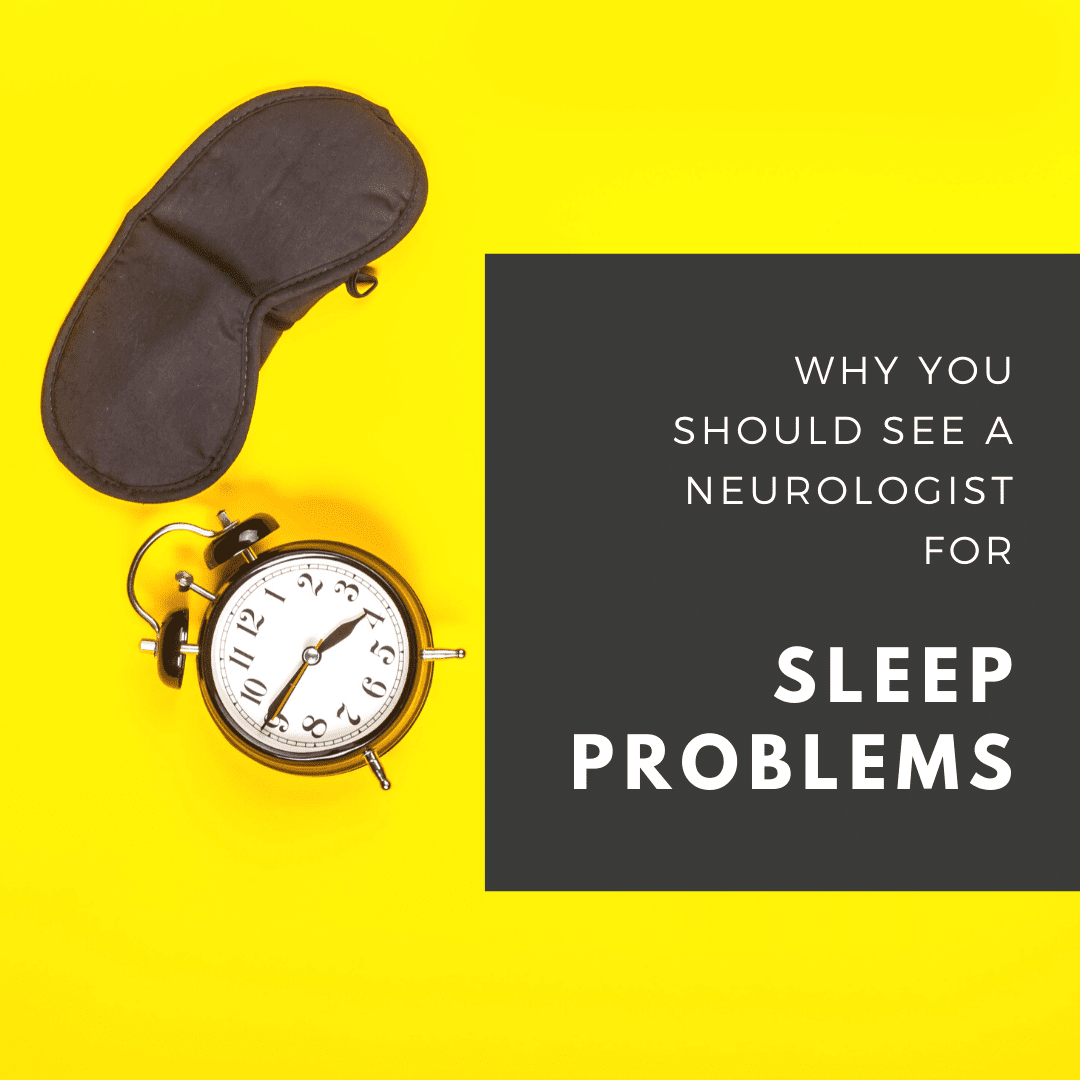
Why You Should See a Neurologist for Sleep Problems
Do you have problems falling asleep? Or maybe you fall asleep and then wake up multiple times later in the night? Do you also struggle with issues like restless leg syndrome that prevents you from getting quality sleep? If any of this sounds like something you experience on a regular



